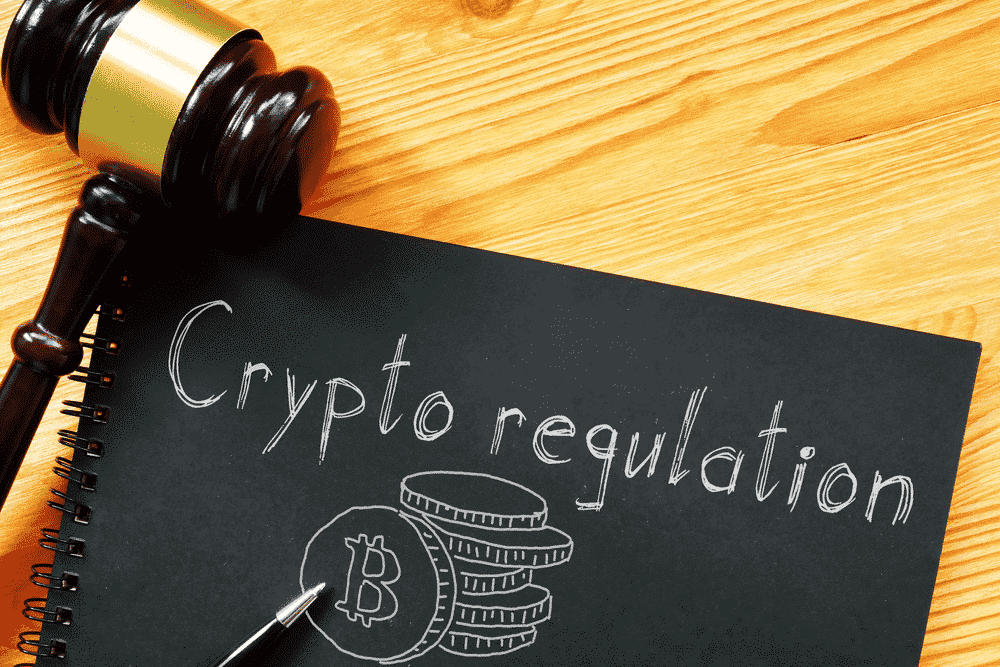Legal Implications of an Apology from Vendor to User in System Development

Not only in system development, but also in the so-called service industry, responding to complaints from customers is undeniably important. System development is no exception to this, and there are often situations where vendors, who provide technical services, are forced to respond to complaints from customers, who are users.
If the emphasis is on maintaining good communication between both parties, there may be rational cases where it is necessary to listen to the other party’s point of view and apologize. However, some people may have concerns that if they apologize verbally or submit a written apology, the user’s unreasonable claims may become established facts.
In this article, we will focus on “apologies made from vendors to users” and explain how they are understood in terms of law.
Why “Apologies” Become an Issue in System Development
System Development is a Type of Service Industry
When system development tasks are outsourced to external vendors, it can be considered a type of “corporate service”. If we dare to use legal terms, contracts are usually concluded in the form of a contract for work or a quasi-mandate contract. The differences between a contract for work and a quasi-mandate contract are explained in detail in the following article.
https://monolith.law/corporate/contract-and-timeandmaterialcontract[ja]
The key point is that regardless of the type of contract, the vendor company generates revenue based on its technical capabilities and manpower (and the products produced by these capabilities). As a commercial transaction that aims to exchange services provided by the “people” belonging to the vendor side and the corresponding remuneration, system development can be considered a type of service industry.
Users Demand Apologies Because They Are “Customers”
Since system development is a service industry, it is of course expected that complaints and claims will be made by users. At the same time, the ability to respond accurately to such claims is also required of vendors. Indeed, there may be cases where a cooperative system is rebuilt and the project is led to success by the vendor responding to various claims and complaints with gentlemanly apologies.
However, on the other hand, let’s assume a situation where the project really stalls afterwards and the case gets tangled up to the point of litigation. The user may argue that the vendor side also acknowledges the cause of the blame, based on the apology from the vendor side.
The Issue of How Much Users Can Be “Customers”
System development projects are indeed commercial transactions between “customers” as users and “external vendors” as vendors on one side. However, the personalityistic of contracts related to system development is that they have complexity that does not fit into such relationships. In other words, users as customers also have to cooperate with the vendor’s obligations, otherwise the project will never be completed. It has been pointed out in past court precedents that users also have a certain obligation to cooperate, and both parties should proceed with the project in a cooperative relationship.
https://monolith.law/corporate/user-obligatory-cooporation[ja]
When considering legal issues surrounding “apologies” from vendors to users, it is important to recognize this complexity of relationships. The relationship between users and vendors can be a healthy partnership, or it can be seen as “one of many vendors”. The problem of unreasonable apology demands often becomes apparent when the basic premise that users also cooperate and aim to achieve the project is forgotten. This can be said to be a personalityistic unique to system development, which is not often seen in other service industries.
How Do Courts View “Apologies”?

Let’s take a look at how apologies from vendors are treated in legal terms in actual court cases involving system development.
Court Case 1 Regarding Apologies: Demand for Apology from User
In this case, after working overnight, the vendor visited the user and was accused of deleting data. After being forced to apologize, the vendor submitted an apology letter in accordance with the user’s claims. However, the court ruled that the apology letter did not reflect the vendor’s true intentions.
Although H created an apology letter regarding this point, it was created after being unilaterally criticized and forced to apologize when he visited the plaintiff’s office on October 4, Heisei 13 (2001). It was not H’s true intention, nor was the purpose of the apology letter created by N. Tokyo District Court, April 23, Heisei 16 (2004)
The personalityistic of this case is that the court made a judgment taking into account the feelings of the parties involved, such as the criticism being “unilateral”, “calming anger”, and “not the true intention”.
Court Case 2 Regarding Apologies: Choice of Writing an Apology Letter or Paying 20 Million Yen
In the following case, even if the vendor agreed to write an apology letter for the damage caused to the end user, the court ruled that it should be distinguished from whether the legal responsibility should be attributed to the vendor.
After receiving the report, the plaintiff’s representative said, “Now that it’s clear that E Company is at fault, either write an apology letter or bear the cost of 20 million yen for software development.” The defendant complied with this request and created an “apology letter” apologizing for causing inconvenience to the plaintiff due to the malfunction, and handed it over to the plaintiff.
(Omitted)
It should be considered that the defendant did as much as possible as a seller of E Company’s products, and it cannot be said that the defendant neglected his obligations under the basic sales contract just because he did not do more. Tokyo District Court, July 11, Heisei 8 (1996)
It can be inferred from the judgment that the court determined the subject of attribution by focusing not on who the formal apology letter was addressed to, but on the way business was conducted.
Common Points in the Above Court Cases
What can be said from the above court cases is that even if the vendor formally responds to a request for an apology, it does not necessarily have a decisive meaning in a real court case. The fact that apologies are often made for the sake of convenience in business and to move things forward is likely to be fully considered in court. Rather than the presence or absence of such formal apologies, the court’s stance is to make a comprehensive judgment by taking into account the circumstances under which the apology was made, the circumstances under which the apology letter was written, and the kind of human relationship that was built between the user and the vendor.
In system development, the court’s view is that the user also has a duty to cooperate with the vendor. In cases where it is difficult to say that the user was cooperative with the vendor, such as when there was a dominant and high-pressure relationship, apologies are likely to be treated as mere formality.
Be Careful Not to Apologize Easily
However, just because an apology is rarely decisive evidence in a lawsuit does not mean that you should apologize easily. An easy apology can also risk eliciting a stubborn attitude from the user in negotiation scenes leading up to the lawsuit. Also, if the judge forms an impression centered on the apology letter at the initial stage of the trial, it may take a lot of effort and time to correct the misunderstanding. Furthermore, if the content of the apology or the content of the apology letter clearly points out the vendor’s fault, it can also become an element that leads to a disadvantageous interpretation at the stage of fact-finding.
In any case, recognizing that issues such as complaint handling and claim handling are legal issues, it is advisable to actively consider using external experts on how to apologize.
Category: IT
Tag: ITSystem Development





















